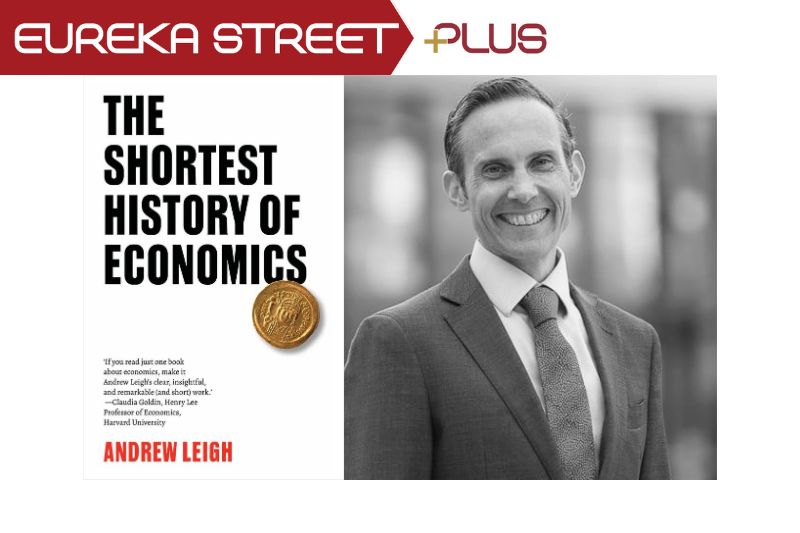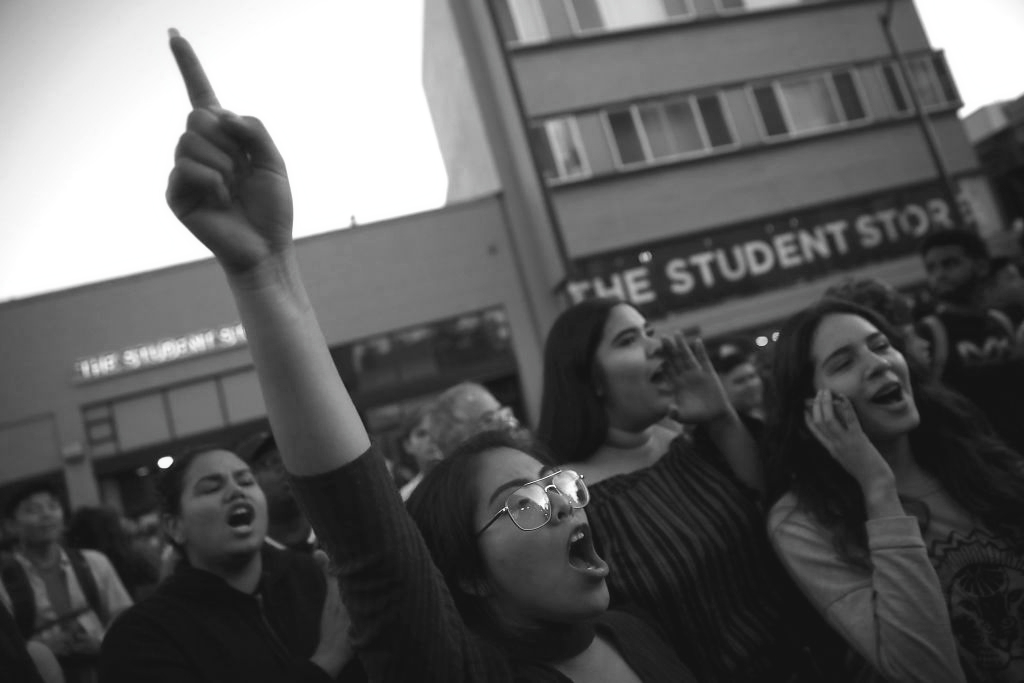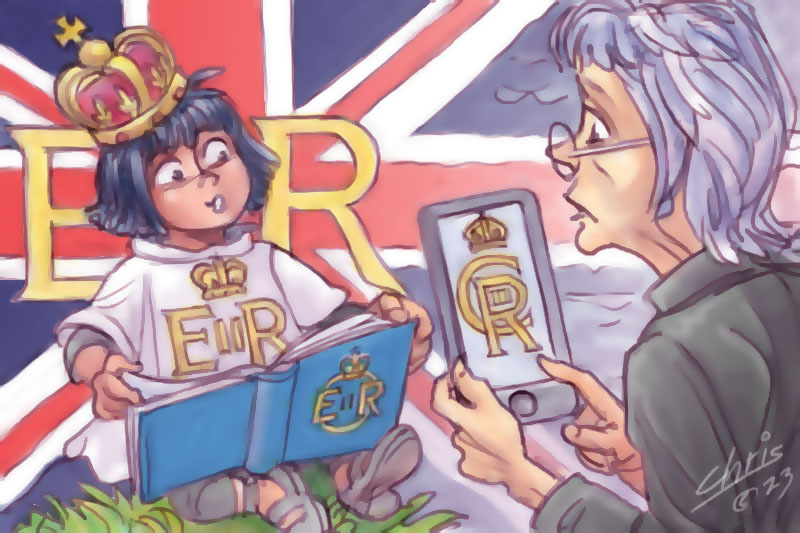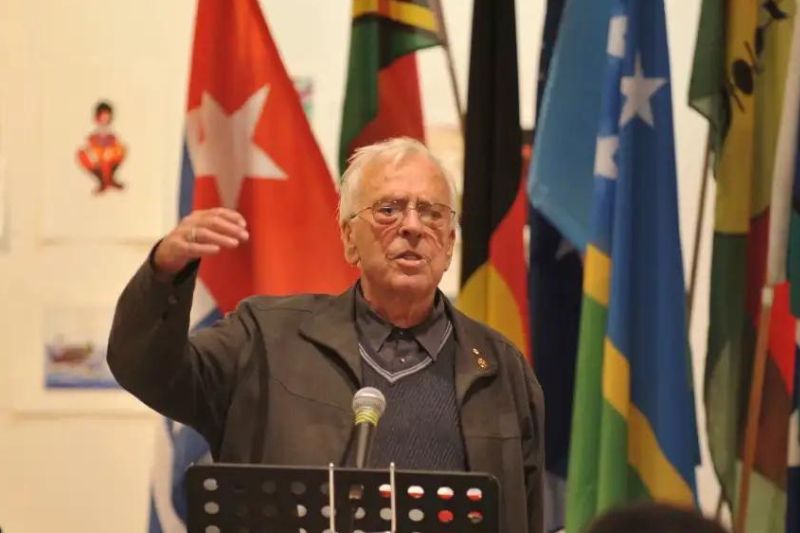Keywords: Free Trade
There are more than 24 results, only the first 24 are displayed here.
Become a subscriber for more search results.
-

INTERNATIONAL
- Jeremy Clarke
- 19 June 2024
3 Comments
In a significant thaw in Sino-Australian relations, Premier Li Qiang's visit to Canberra brought strategic agreements on education, climate change, and trade, and the promise of new pandas for Adelaide Zoo. Prime Minister Albanese emphasised cooperation and dialogue over confrontation, contrasting with the hawkish rhetoric of domestic critics.
READ MORE
-

ECONOMICS
- David James
- 22 March 2024
Economics may be useless for forecasting, and its assertions can be overly simplistic. But it is a language that should be understood, and here is a good place to start. In simple and clear prose, Leigh spans the history of human economic activity, beginning in prehistoric times and ending with the modern day.
READ MORE 
-

INTERNATIONAL
- Juliette Hughes
- 22 November 2023
1 Comment
Sixty years ago today, on November 22, 1963, the world lost three towering figures of the 20th century. On their diamond jubilee, do I think it was the end of the world as we know it when these three died? Each one shaped the twentieth century in a unique way. Each one left us with much to think about still.
READ MORE 
-

INTERNATIONAL
- Kenneth S Stern
- 25 October 2023
The university campus is really the ideal place to tackle thorny issues. It is a safe place to examine all ideas, even — or perhaps especially — those that people find offensive or disturbing. The sad fact, though, is that there is a push these days to send the opposite message to students — that they should be shielded from intellectual discomfort. (From 2022)
READ MORE
-

AUSTRALIA
Amid Australia's unprecedented housing crisis, there's an urgent need for increases in social housing. However, political wrangling hampers the progress of crucial legislation. With 640,000+ Australians facing housing stress, advocates stress the need for immediate action as a starting point towards comprehensive reform that treats housing as a basic human right.
READ MORE
-

AUSTRALIA
- David Halliday
- 19 May 2023
In a conversation with Eureka Street, investigative journalist Nick McKenzie explores the drivers of human trafficking and sex slavery, examining the intertwined roles of law enforcement, the sex industry, and the migration sector in one of the most pressing social justice issues of our time.
READ MORE 
-

ARTS AND CULTURE
- Gillian Bouras
- 01 May 2023
5 Comments
As the UK prepares for the coronation of King Charles, ideas about national pride and loyalty to the crown have been revolutionised since Queen Elizabeth's coronation, as attitudes towards the British monarchy continue to change both at home and abroad.
READ MORE
-

AUSTRALIA
- David Halliday
- 03 April 2023
1 Comment
As consumers become more aware of the ethical issues surrounding chocolate production, the challenge lies in navigating the various certifications and information to make informed choices that support human rights.
READ MORE 
-

ECONOMICS
- David James
- 14 December 2022
What the failed attempt to crush Russia’s economy has revealed is that America’s and Europe’s dominance of the global financial system is something of an illusion; more like money changing hands in a giant casino rather than actual wealth.
READ MORE 
-

AUSTRALIA
- Andrew Hamilton
- 10 October 2022
8 Comments
Two weeks ago, Bishop Hilton Deakin died. My memories of him are inextricably tied to the Mass he celebrated in 1999 at St Patrick’s Cathedral in Melbourne, certainly the most emotionally charged event that I have seen there, following the violence orchestrated by the Indonesian military following the Referendum on Independence in East Timor. During the struggle for Independence, many East Timorese had joined the Catholic Church.
READ MORE 
-

INTERNATIONAL
- Max Jeganathan
- 15 August 2022
3 Comments
Despite a post-pandemic bull-run, both the national and international economy are now stalling. Interest rates are going up. Markets are going down. Inflation seems unstoppable. While many factors are to blame for the rising cost of living, a catalysing force continues to be our response to the war in Ukraine.
READ MORE 
-

ECONOMICS
As commodity prices and inflation soar in the ‘real’ world we may be witnessing a prelude to another 2008-style crisis triggered by the foreign exchange markets. The risks certainly look similar and can be described with a simple question. Can the fictions produced by out-of-control financial actors survive reality?
READ MORE 